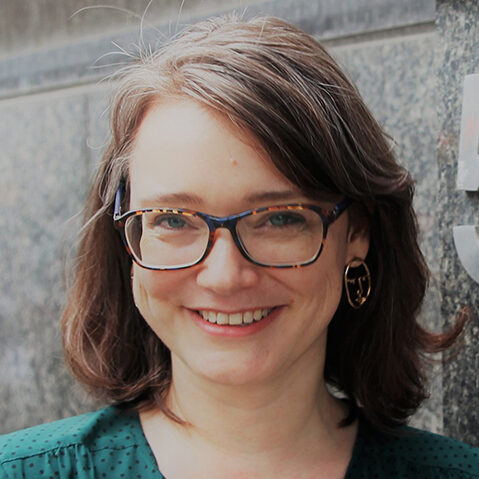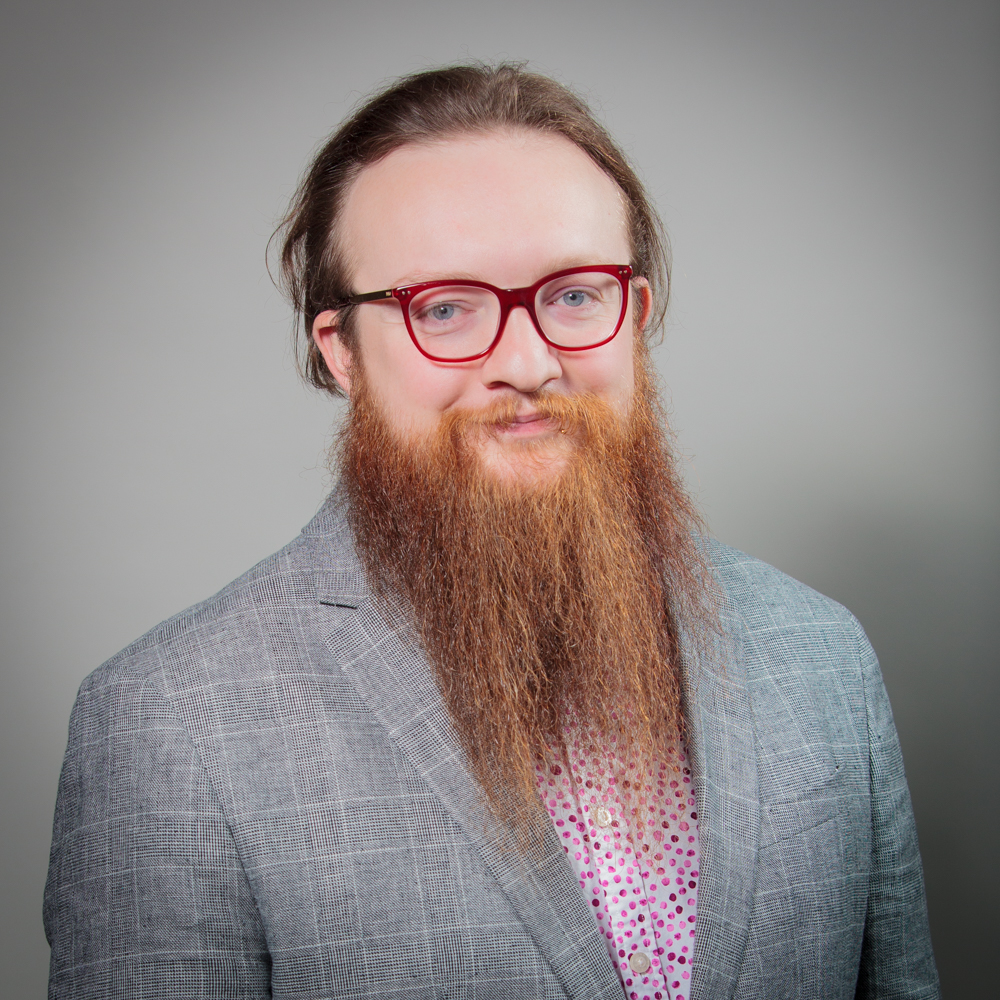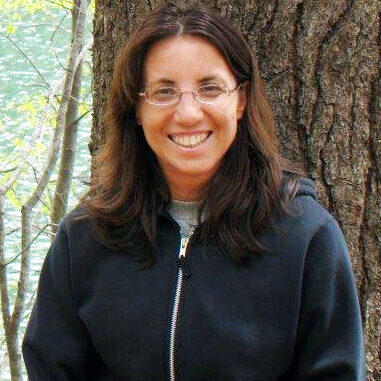
[tta_listen_btn listen_text=”Click to listen to this story” pause_text=”Pause” resume_text=”Resume” replay_text=”Replay” start_text=”Start” stop_text=”Stop”]
Why not initiate discussions about pedagogy using classrooms portrayed in literature and film as the starting point?


It’s a premise that appears to be working for York University Teaching Commons (TC) educational developers Matthew Dunleavy and Robin Sutherland-Harris, who introduced Fictional Classrooms: Talking About Teaching Through Narrative as a pilot project during the Winter 2023 term. It was offered again in Summer 2023 and will soon be registering participants for the fall term.
“As the humanities liaison for the Teaching Commons, I find that professors who work on their own doing research and teaching don’t come to TC in huge numbers, so I wondered what else I could do to appeal to them,” said Sutherland-Harris.
She and Dunleavy decided to experiment with something similar to a book and film club, called Fictional Classrooms. During the winter term, participants read two books and watched three films portraying fictional university classes and discussed these together via Zoom. (Films: The Paper Chase, 1973; Madadayo, 1993; and The Great Debaters, 2007; books: Real Life by Brandon Taylor; and Catherine House by Elisabeth Thomas.) The summer term focuses on a single book, Elizabeth Finch by Julian Barnes.
“It’s a lower stakes way of engaging,” said Dunleavy, “and the texts become a jumping-off point for larger conversations.”


Lucia Gagliese, a professor in the School of Kinesiology and Health Sciences, and Julie Conder, an assistant professor (teaching stream) in the Department of Psychology, each took part in the pilot project and are continuing with this summer’s session.
“I’m interested in narrative and it’s starting to become a part of my academic work,” said Gagliese, a psychologist. “This is a way to start thinking about teaching as narrative. We also get exposed to really interesting work, and I appreciate coming together as a group for discussions. We start talking about the professors in the movies and books and move on to our own teaching, theory and pedagogical practice, so it allows you to consider what you can take from this to the classroom.”
For Conder, it offered an opportunity to carve out time for the reading or film. “Even when I couldn’t attend, I still put that time in. I really enjoyed getting an opportunity to meet other fiction fans outside my department. I made some good connections with others who have similar interests, and our discussions were always interesting and thought-provoking. Finally, I really liked the focus on educational topics within the literature. As a professor, it made all the selections very personally relevant; many of the discussions we had made me take a critical eye toward my own teaching practice….”
The group meets monthly and participants attended as often as possible, given their competing commitments. There was no pressure to attend every session or to have finished a book to participate.
“Given their schedules, people need flexibility,” Sutherland-Harris said. “The experience is exploratory and reflective, and allows us to consider how art intersects with what we do for a living. It is really rich and new to discuss the artistic recreation of university classrooms.”
Dunleavy found that everyone brought topics they wanted to discuss to the meetings.
“People often just wanted to talk about themselves in the teaching context,” he said. “In workshops, they don’t always have that space. “
The topics that arose for discussion included: what is good teaching?; student wellness; how to support and supervise graduate students best; and how graduate school experiences informed them as teachers.
“It allowed people at York to form powerful, deeper connections,” Dunleavy said. “I believe it helps their teaching practice. Even if the only thing they get from it is that they aren’t isolated in their teaching, it’s a success.”
To learn more about Fictional Classrooms and to enrol for the fall term, contact Robin Sutherland-Harris at robinsh@yorku.ca or Matthew Dunleavy at mdunleav@yorku.ca.
